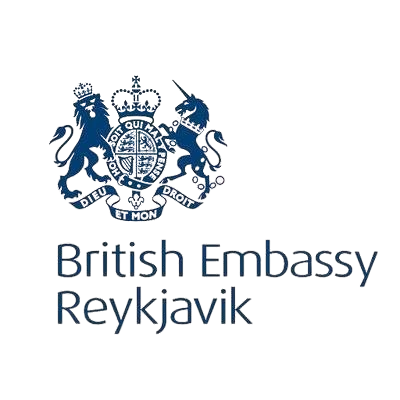Students who participate in career talks with volunteers from the world of work both improve their academic attainment and are motivated to study harder. These are the results of a study published in the UK in 2019. The study drew upon data from approximately 650 students, aged 15 and 16, in their GCSE year across five schools.
Participants were divided into two groups with one group participating in the usual career talks organised by their school while the other group received three extra career talks. The career talks were from volunteers from the world of work who had been previously briefed to highlight connections between educational achievement and employment opportunities. The study was conducted throughout one academic year with projected or likely grades collected and then compared to actual grades in their GCSE exams. GCSE exams are standardized tests in the UK for 15-16-year-olds at the end of compulsory education, marking a significant milestone in their schooling.
Students have more confidence in their own abilities
The results showed that students who participated in the three extra career talks achieved higher GCSE grades than expected. Most grades improved slightly, except for English, which improved more than twice as much as other subjects.
Students were also asked to fill in a survey to give their feedback on the career talks and comment on whether the presentations had influenced their views or choices regarding certain fields of study or careers.
The findings revealed that students who attended three additional career talks had greater confidence in their abilities, a stronger sense of purpose in their studies, and greater belief in their ability to achieve their career aspirations. Additionally, 7% of students changed their future plans and 20-28% reported having doubts about their academic and career choices.
Less Motivated Students Impacted the Most
More career talks also fostered greater academic ambition, with students who attended additional talks increasing their time spent on homework, on average, by 9%.
Low achievers and less engaged learners who were predicted to perform less well on the GCSE exams were impacted the most by the career talks. These students spent 32% more time on homework compared to high-achieving peers, who increased their study time by only 10%.
Thus, career introductions can significantly benefit children and young people by helping them see more purpose in their studies, understand the connection between education and the working world, and foster greater resilience in their academic pursuits.
Source
Motivated to achieve: How encounters with the world of work can change attitudes and improve academic achievement / Education and Employers







